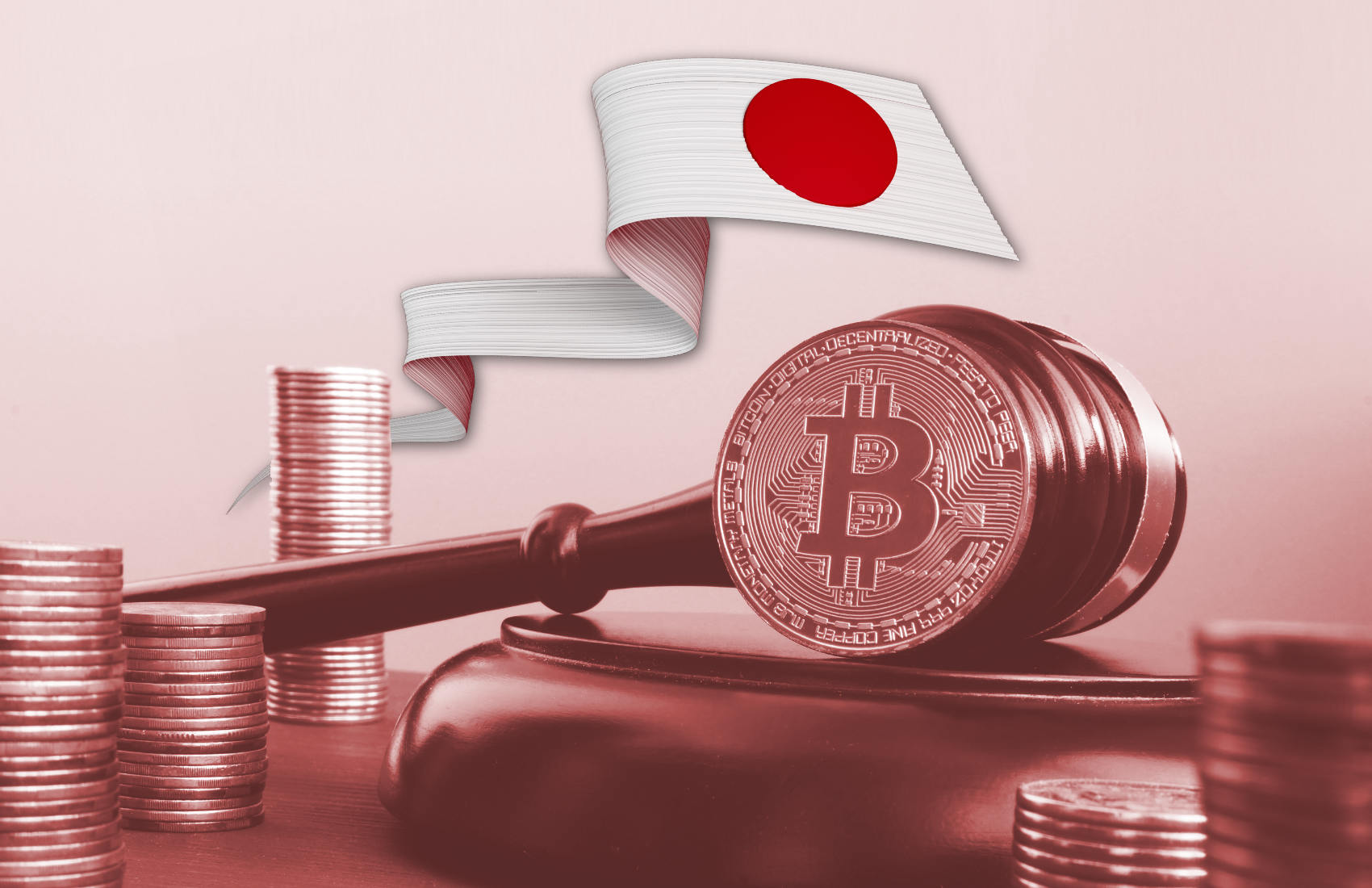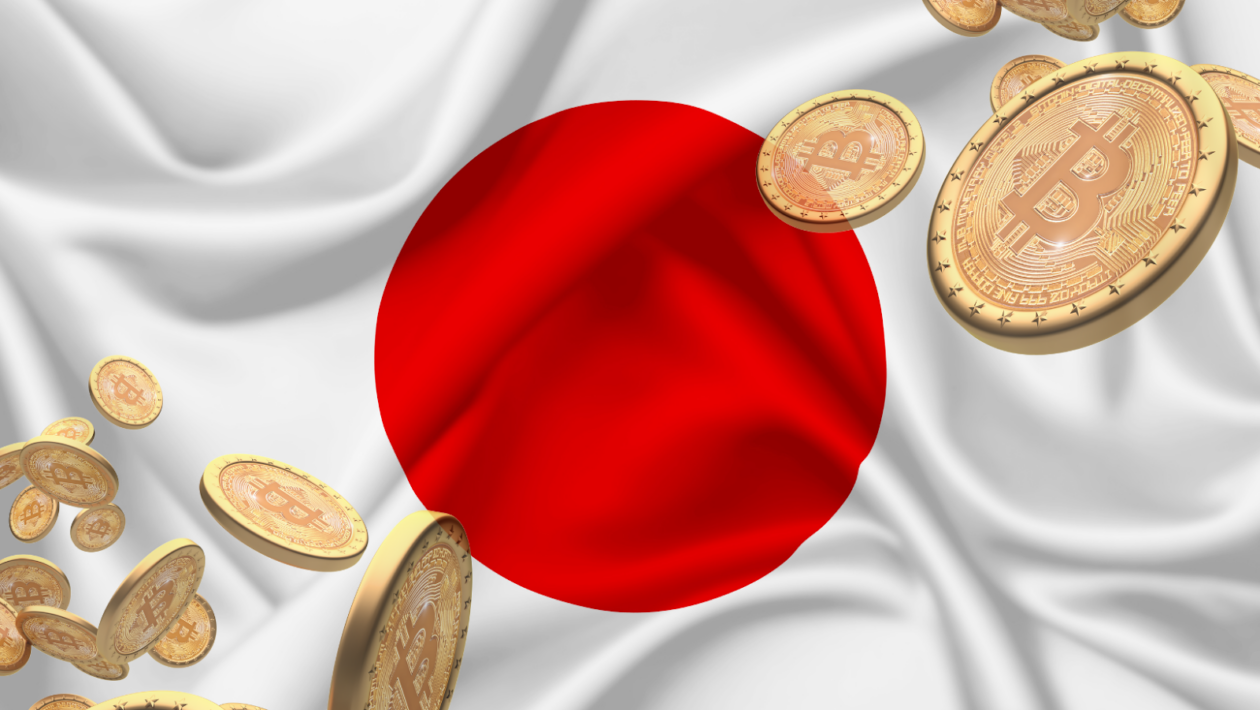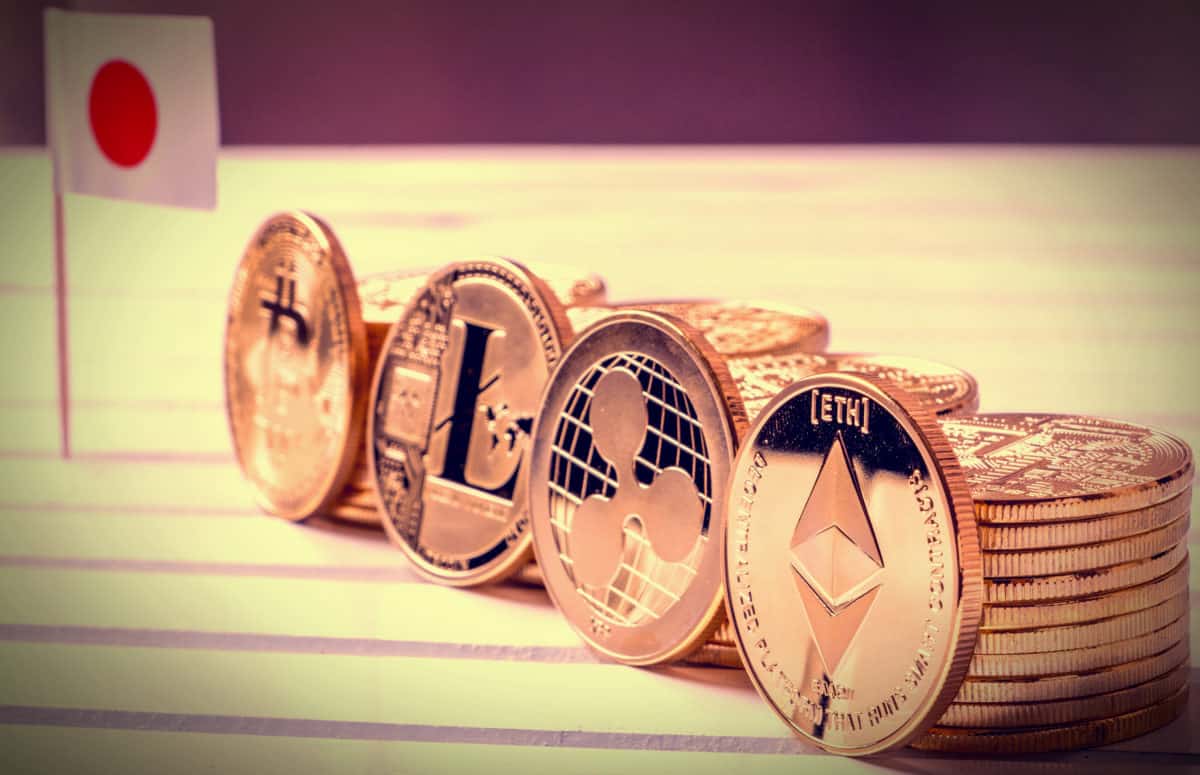1. The Rise of Japan Crypto: A Historical Perspective

Japan’s engagement with cryptocurrency gained global attention after the infamous Mt. Gox collapsed in 2014, which resulted in the loss of over 850,000 Bitcoins from the Tokyo-based exchange. This event, one of the largest hacks in cryptocurrency history, served as a catalyst for significant regulatory reform. In 2017, Japan took a decisive step by amending the Payment Services Act (PSA) to recognize Bitcoin and other cryptocurrencies as legal property. This move positioned Japan as one of the first countries in the world to establish a clear legal framework for digital currencies.
Today, Japan continues to be a key player in the global crypto market. With exchanges like Bitflyer, Coincheck, and BITPoint, along with emerging platforms such as Sony’s rebranded S.BLOX, Japan’s crypto ecosystem is competitive, innovative, and constantly evolving. This proactive regulatory stance has helped foster trust among both investors and businesses, solidifying Japan’s role as a crypto hub.
2. Japan Crypto Regulations

The backbone of Japan’s successful crypto ecosystem is its regulatory framework, overseen by the Financial Services Agency (FSA). The PSA requires that all crypto exchanges register with the FSA, ensuring compliance with anti-money laundering (AML) and counter-terrorism financing (CFT) standards. This regulatory oversight ensures consumer protection while allowing the crypto industry to flourish.
In 2023, Japan introduced groundbreaking regulations on stablecoins, restricting their issuance to licensed banks, trust companies, and fund transfer providers. Stablecoins pegged to fiat currencies, like USD-backed tokens, are classified as "Electronic Payment Instruments" (EPIs), while others, such as Bitcoin and Ethereum, fall under the broader category of "Crypto Assets." These measures aim to ensure stability and transparency in the Japanese crypto market, providing a secure environment for both investors and businesses.
Recent regulatory reforms in 2025 have further eased rules for crypto brokerages and allowed stablecoins to be backed by government bonds. These changes reflect Japan’s commitment to adapting its policies in response to the growing demand for digital assets. As Japan continues to refine its regulatory framework, the country remains at the forefront of crypto innovation and stability.
3. Taxation in Japan Crypto

Taxation remains one of the most critical aspects of cryptocurrency adoption in Japan. Currently, profits from crypto trading are taxed as miscellaneous income, with rates as high as 55% for individuals—significantly higher than the 20% tax rate applied to stock market gains. This disparity has sparked concerns among investors, with many calling for more favorable tax policies to encourage broader crypto adoption.
However, in 2025, Japan’s Liberal Democratic Party proposed lowering the crypto tax rate to 20% and aligning digital assets with the Financial Instruments and Exchange Act (FIEA). If enacted, these reforms could open the door to new opportunities, including the potential approval of crypto exchange-traded funds (ETFs). Furthermore, recent changes have eliminated taxes on unrealized gains for certain corporate crypto holdings, providing businesses with tax incentives to invest in digital assets. These measures reflect Japan’s intention to remain a competitive hub for blockchain innovation and crypto investment.
4. Innovation and Global Influence

Japan’s influence on the global crypto scene continues to grow. In 2018, the government introduced a Regulatory Sandbox that allows companies to test blockchain projects under relaxed regulations, fostering innovation and experimentation. Japan is also actively pushing for international cooperation in regulating digital assets. The country has urged global regulators to treat crypto with the same scrutiny as traditional banking, ensuring that global standards are met while fostering innovation.
As of March 2025, there is growing excitement in Japan about the future of crypto, particularly surrounding recent regulatory reforms and the possibility of spot ETFs. Japan is positioning itself as a leader in the digital economy, with a crypto-friendly future on the horizon. The country’s commitment to regulatory clarity, market stability, and innovation positions it as a key player in shaping the global digital asset landscape.
5. Why Japan crypto matters

The "Japan crypto" market offers a unique blend of regulation and opportunity. For investors, it provides a secure environment with clear legal frameworks. For businesses, it presents a gateway to cutting-edge technology and government support. As Japan continues to refine its policies—particularly by lowering taxes and integrating crypto into mainstream finance—the world is watching closely to see how the country shapes the future of digital assets.
Japan’s approach to cryptocurrency is a testament to its ability to balance tradition with modernity. By combining rigorous regulation with forward-thinking policies, Japan is setting a global example for how digital assets can be successfully integrated into the economy. Whether you're a trader, a blockchain enthusiast, or a business owner, keeping an eye on Japan’s evolving crypto landscape could open up significant opportunities in this dynamic market.
6. Conclusion
In conclusion, Japan’s comprehensive and proactive approach to cryptocurrency has solidified its position as a leader in the global digital asset market. By providing a clear regulatory framework, fostering innovation, and addressing key challenges like taxation, Japan has created an environment where cryptocurrencies can thrive. As the country continues to refine its policies and adapt to the evolving needs of the crypto industry, Japan will undoubtedly remain at the forefront of the global digital economy, offering valuable insights and opportunities for investors, businesses, and regulators worldwide.
Readmore:

 English
English Tiếng Việt
Tiếng Việt.png)
.jpg)

.jpg)
.jpg)
.jpg)

.jpg)
.jpg)

.jpg)
.jpg)
.jpg)




